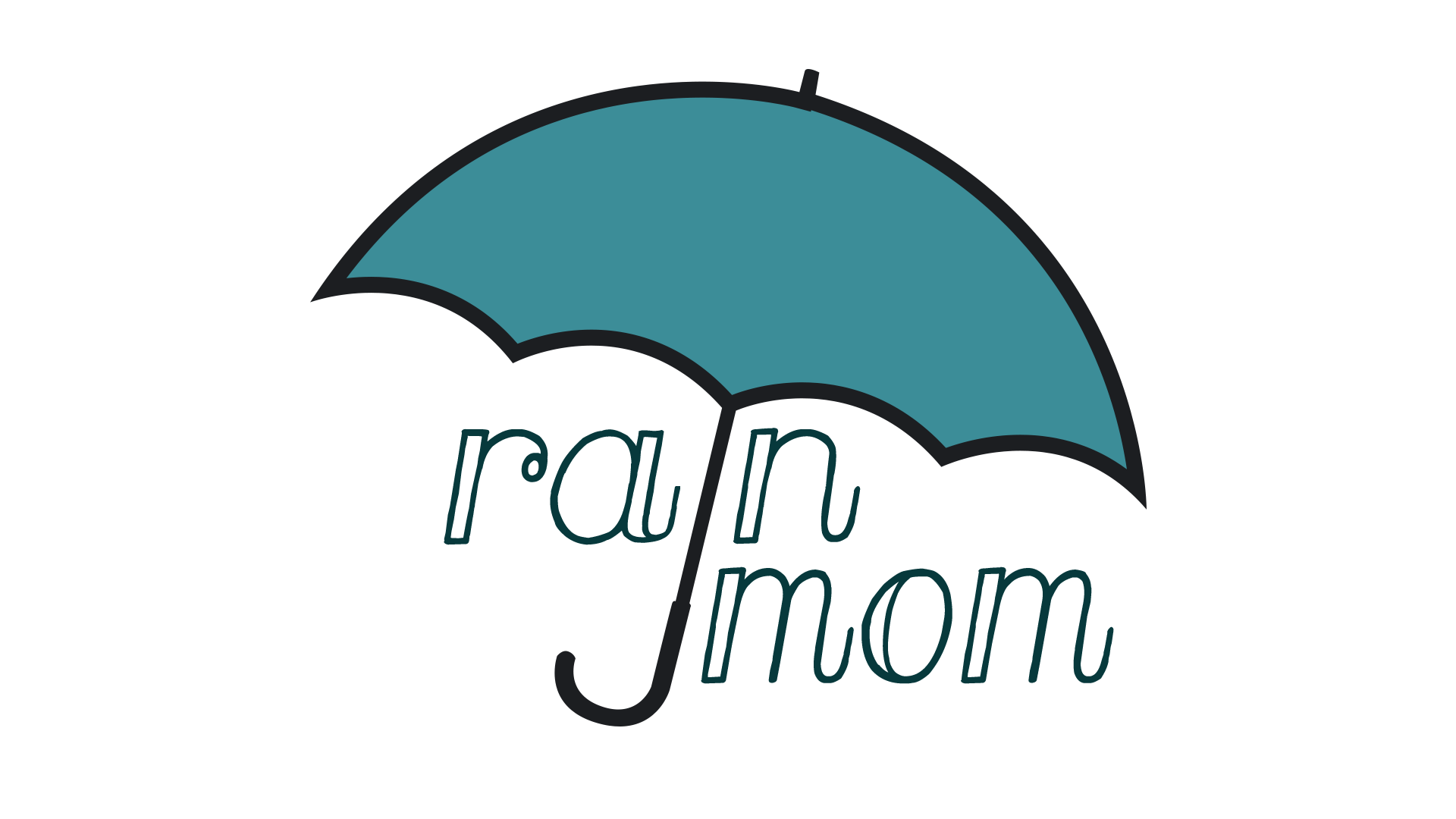
Autism: An Alphabet of Advice from A to Z
By Kristi | Published | No Comments
In my capacity as both a parent of autism and professional working with numerous students over the years, I’m often asked for advice. Questions range from services and supports, early intervention strategies, educational and personal experiences as well as managing a wide range of behaviors. With over 25 years of experience I have many thoughts and opinions. Shrinking that amount of information into a blog was the real challenge. Then it came to me while I was working with a student. I looked up to see the ABC’s and 26 letters to guide my way.
Advocacy and awareness are the cornerstones of autism. In the time since Jonathan was diagnosed, we’ve come a long way. But there is still a long way to go and more journeys just beginning, especially for adults on the spectrum. Every action you take and every person you educate along the way, solidifies a better future not only for your son, daughter, student, etc but the entire autism community.
Behavior is a form of communication. Every time I encounter a behavior at home or school, I go into what I call first responder mode. I immediately ask myself what is the behavior trying to tell me. Second, respond and act appropriately. Third, don’t take it personally. When someone is in crisis, you can’t go there with them. Calm, cool and collected communicates that you are there to help and support. It also aids in your ability to assess and respond appropriately.
Communicate and collaborate. My personal favorite and mantra. Anyone who works with your loved one in any capacity is someone who should be communicated and collaborated with routinely. The list can be a lengthy one. The obvious ones like teachers, therapists, counselors and clinicians can provide valuable information and feedback. Some that are often overlooked are paraprofessionals, support staff, related arts teachers, transportation drivers, job coaches, employers, adult day support staff and peers. The more information you obtain through communication the better the collaboration. If you want others to be invested in your loved ones progress and success, then they need to feel open to communicating with you and a respected member of the team. I learned so much about Jonathan from so many people. Each contribution was an important part of Jonathan’s progress.
Dream your dreams, not what you’re told is or isn’t possible. And while you dream, keep your feet on the ground so you’ll always know where you stand.
Educate others through example. Show them how to be successful in their efforts and support. No one gives us an instruction guide for life with autism. Our experiences have educated us, to lead others on the journey or those watching and supporting along the way. Every time we educate, the results are far reaching even if we don’t necessarily witness them ourselves.
Faith and forgiveness go a long way. And we have a long way to go. Faith is believing, not fleeting. There is no perfect path here. Find yours, keep the faith and forgive yourself when you fall short, forgive others when they test your faith.
Go with your gut. Seriously, if you sense or get a feeling one way or another, go that direction. I have found over the past 25 years that my gut has excellent radar. I honestly refer to it as the second brain! It has been the times I’ve ignored those instincts that have led to less than stellar moments or created more obstacles in my path.
Hope– hold onto hope, whatever it is you are hoping for. Personally, my hope has always been for Jonathan to be happy, healthy and achieve his best life and outcomes. To feel loved and valued for the wonderful young man he is now and forever.
Independence– encourage this wherever and whenever you can. Many times we attempt to help or completely take over assuming a task is too challenging or will spark a behavior. Model, prompt and assist until they achieve independence. The more we do for them, the less they are able to do for themselves. From personal hygiene to dressing, chores and leisure skills, school routines or community outings– self help will foster greater independence which is an important life skill.
Join others on the journey. Whether it’s on social media, local support groups, a walk for autism or networking with other parents in your area, join in. Stay connected, informed and inspired.
Knockouts happen— emotionally, mentally and physically. Get back up, brush yourself off and keep going. It’s just a bout, a round. It’s not the end, but another beginning.
Limit your exposure to people or places that drain your energy, commitment, self worth as well as that of your loved one on the spectrum.
Make time for yourself. Yes, so many responsibilities all demanding your time and attention. Self care seems like a luxury you cannot afford. It will cost you so much more in the long run if you routinely neglect your needs. Take the time, make the time, even demand the time.
Never say never. Despite how often I heard that word, I’m so thankful I was able to look past it. More often than not, never was simply not yet. Timing, age, ability, experiences etc often come where and when they feel like it. A great example was when Jonathan, as a child, would only eat 6-7 foods. For years trying to encourage new foods was met with so much resistance, refusing to eat, tantrums and weight loss that I thought he would never be healthy. My team helped me initiate a food therapy program. It took 2 years of painstakingly slow progress and many setbacks but the success was worth it. Jonathan turned the corner and to this day eats a wide variety of fruits, vegetables, fish, grains, meats and is the epitome of good health.
Opportunities exist. Sometimes they appear quite easily and at others times you will need to approach them like a crossword puzzle until you find them. Either way, keep the door open so you don’t miss one.
Pick your battles and pace yourself. If you battle everything you will lose sight of the important ones. Autism is for life and that’s not a short trip. Keep your tank filled, your map ready and prepare for detours. Most importantly, don’t forget to use the rest stops along the way.
Question a quick fix. Most progress in any area of autism is typically at a methodical pace. Often things are touted to be the solution or miracle. As I’ve said before, and it bears repeating— if one thing worked we’d all be doing the exact same thing.
Remember and Respect that we are all individuals, with our own personalities, opinions, experiences, hopes and dreams. Individuals on the spectrum are no different and offer so much more than a label.
Support– give and receive. The circle of support works both ways. We need to balance the support we give our loved ones and others and accept support in return. If we don’t, we literally end up going in circles ourselves, running out of gas before we reach the destination.
Trust that you are everything your loved one on the spectrum needs— always and every day.
Understand that success and failure go hand in hand. Your journey is uniquely yours. Don’t compare yours to anyone else’s. Our steps may not always go in the same direction, but we all make progress on our own path. You will learn just as much, probably more from the mistakes and mishaps. They will lead you to greater success.
Vision– look beyond what you see. Foresight will be more important as you navigate a world that often leaves us in the dark. Your intuition and love will remove blinders from your eyes in a way others fail to see. Vision gives you insights and a view of what lies ahead.
Welcome new ideas, opportunities and experiences. If you travel the same path over and over, eventually you will run out of road. Take a new route and enjoy the view.
X marks the spot. We all start our journey here. Now you determine the destination. Draw from the experiences of others, the expectations and possibilities. Set your compass in the direction of the goals, dreams and desires you have and blaze your own trail.
Your perspective may change along the way as you gain new insights and experiences. Give yourself room to recognize those moments and the new perspective. Take a chance and give flight to more possibilities.
Zero in on Zen. Those moments of peace, bliss, joy and calm— savor them. They will carry you through the tough times.
Life with autism may not be as easy as our ABC’s, but that doesn’t mean we can’t continue to build our own alphabet of strengths, strategies and solutions. Consider how those 26 letters make up an infinite number of words, with countless meanings. The same can be said about autism. 6 letters make up the word but the possibilities, advice and experiences are indefinite. Each of us is the author of our own autism alphabet.
One letter at a time or the entire alphabet, depending on the day.






Leave a Reply